ContributionsHigh School/University Curriculum: Exploring International Justice through the International Criminal Tribunal for RwandaUsing the Voices from the Rwanda Tribunal video clips, we developed a high school curriculum in collaboration with Never Again Rwanda. This curriculum is designed to give young people the opportunity to explore themes relating to peace and justice in the context of the ICTR. The curriculum invites students to watch and discuss the video interviews in order to learn more about the political challenges and inner workings of an international court. Students are also introduced to alternative approaches to transitional justice, including challenges and questions that arise from different approaches. The curriculum is designed to be taught in sequence; however, different aspects of the curriculum can be adapted and incorporated into other learning experiences. Each unit can be broken down into smaller stand-alone lessons, which may be useful to instructors teaching classes in African studies, communications, genocide studies, history, international affairs, law, or philosophy. The curriculum and accompanying video clips can be found here: Video Clips Used in Curriculum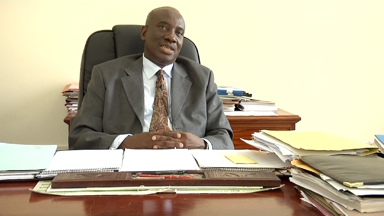
Law Not RevengeHassan Jallow (Chief Prosecutor)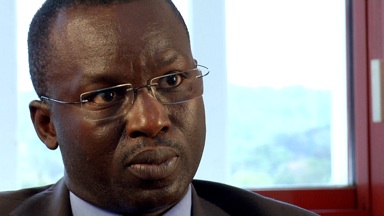
Rwandan Frustration with the TribunalMandiaye Niang (Senior Legal Advisor)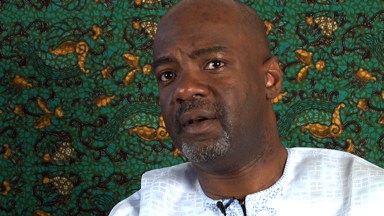
Rwandan Participation in the TribunalCharles Adeogun-Phillips (Prosecutor)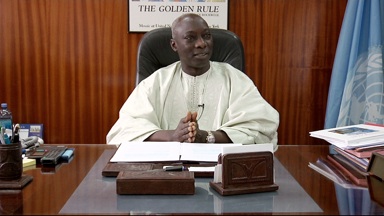
Retributive and Restorative JusticeAdama Dieng (Registrar)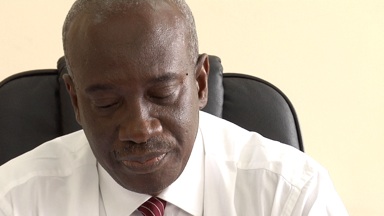
Sexual Violence OffencesHassan Jallow (Chief Prosecutor)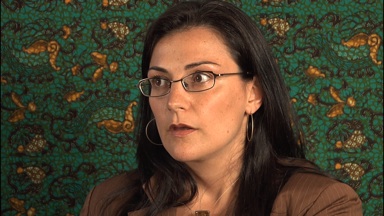
The Challenges of Prosecuting RapeLinda Bianchi (Appeals Counsel)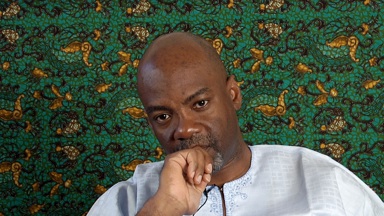
The Ethics of Calling WitnessesCharles Adeogun-Phillips (Prosecutor)Rwandan Youth Make Films on Transitional JusticeIn collaboration with Never Again Rwanda and using the Voices from the Rwanda Tribunal video clips, we ran a workshop in Kigali during Summer 2009 for Rwandan high school students on peace and justice through film. Get the student films here. Voices from the Rwanda Tribunal Used with Victims of Sexual Violence in Eastern CongoThe Congo Initiative for Sustainable Development, in collaboration with Congolese NGO MAODE, and its partner organization in Rwanda, Hope After Rape, invited representatives from the project to share Voices from the Rwanda Tribunal materials with recent victims of sexual violence at a conference held in Goma Kitondo, Eastern Congo on 18 August 2009. The conference, titled "Combating Impunity, Poverty and Human Rights Violations in Eastern Congo", was aimed at raising awareness among victims on issues relating to human rights and justice after violent conflict. After a brief introduction to the project and its context, video clips on these topics were shared with participants to stimulate dialogue around the issues of sexual violence and justice. Victims were encouraged by the conference organizers to use the videos as a platform to break the silence surrounding rape in Congo and speak about their experiences in a non-threatening environment. ICTR Information and Documentation CentresAs part of a larger education and outreach strategy to communicate its work to the Rwandan people, in 2009 the ICTR deployed a small selection of Voices from the Rwanda Tribunal video materials in its Information and Documentation Centres across Rwanda. The materials are intended to be used as a resource for legal professionals, ICTR staff, and the Rwandan public. A commenting system is also in the process of being developed to help promote dialogue and reflection on systems of justice. This deployment represents an early-stage effort to facilitate widespread access and reuse of the Voices from the Rwanda Tribunal materials across a broad spectrum of Rwandan society. Tribunal Voices Public LaunchThe Voices from the Rwanda Tribunal project was launched to the public on 27 January 2009 at the University of Washington, Seattle, WA, USA. Approximately 300 students, faculty, staff, and members of the public attended the event. The Voices from the Rwanda Tribunal “Interview Collection” team introduced the project, described their experiences collecting the video interviews in Tanzania and in Rwanda, and shared memorable, provocative and informative clips with the audience. Questions generated by the audience in response to viewing the video clips can be found here. |
|
